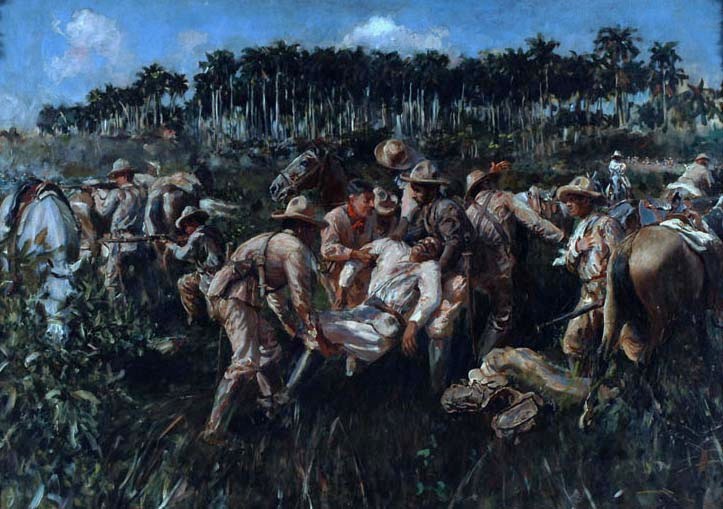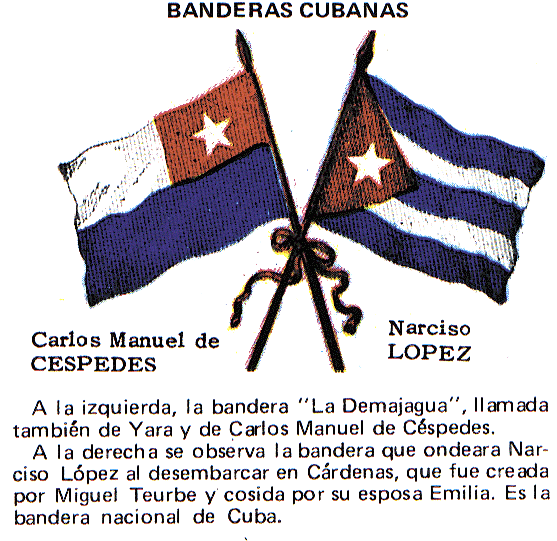Havana, Cuba, 6 February, 2015
Today I went to place where every American
visitor should go here in Havana if they entertain the idea that Obama’s policy
will win them back this island. It is a place that in the 30 odd years I have
been coming to Cuba, I had never been before. So there you go. There is always
something new to be learned, to be seen and to be enlightened by.
The place I am talking about is easily
found. It is on the well-beaten tourist track, in fact it is housed within one
of the most visited buildings in the city, the magnificent (in the true sense
of the word) 18th century palace of the Captain General in the Plaza
de Armas. It was for a while the place from which the Americans held dominion
over the island between 1898 and 1902. A huge, limestone baroque Xanadu, the mother
of all colonial buildings complete with a wooden paved road outside so that the
sound of horses would not to keep the Captain General and his wife awake at
siesta time. Now it serves as a prosaic and ironic reminder that neither the Spanish
nor the Americans hold power here. It is a museum to the history of the
struggle for Cuba’s independence in the 19th century.
So here, today hang portraits of the great
heroes: the founding father de Cespedes, the poet apostle Martí and of course
the Bronze Titan, Maceo, so called because he was wounded more than 20 times
and carried that much shrapnel in his body. All three died in battle.
However, among all these exhibits hangs one
that carries a message that every American should know, for here in one of the
rooms hang the first flags of Cuba. I am talking about the actual cloth
objects. The very first flags, symbols of the new nation, or one should say that
at the time of their creation, the nation that was being dreamed into being.
The first flag was de Cespedes’ flag, not
the flag we see today that is familiar with its single white star on a red
triangle and three blue stripes. De Cespedes’ flag is made up of three oblongs
of red, white and blue and is similar to the flag of Texas. De Cespedes’ flag
was that which flew above his troops in 1868 when the first war of Independence
was launched. It was dropped in 1869 when the first Cuban republic was founded.
In the heat of the war that year, Cuba’s
first representative assembly was held and the first republic declared and at
that first assembly the gathered fighters adopted the flag we know today, but
it was not a new flag then. It in fact dated back to 1850 and belonged, not to
an independence fighter but to another type of rebel who at that time wanted to
wrest the island from Spain.
A keen sense of irony is a necessary quality
when viewing Cuban history, and here is a case in point. The flag that flies
over Cuba’s parliament today, the flag of Fidel Castro, is in fact the flag of
Narciso Lopez, a Venezuelan filibuster (a rather exotic word of Dutch origin
that is essentially a synonym for a pirate) who tried twice in the 19th
century to invade Cuba in order to have it annexed into the United States! And
as if to make the irony even harder to bear, that flag was designed in New
York.
The famous Cuban- American historian Louis
Perez Jnr. Has a book entitled ‘Ties of singular intimacy’. You cannot find a
more singular tie than the Cuban flag. As a symbol it just about captures it
all. As I looked at it today and I thought about it, it made me smile. “Look”
it says, “we want your inspiration, we want your republicanism, but we want it
to be our own. To stand on our own feet, to choose our way freely and not to
have it thrust upon us. We don’t want to be a part of you, we want to be as you
are. Sovereign and free.”
In the next room hangs an almost life sized
painting of the Death of Maceo, a classical scene rendered expertly by Menocal
in 1908. After viewing Lopez’s flag, the
North American visitor should contemplate what Maceo said: “He who tries to
take over Cuba will reap nothing but its soil steeped in the blood of its
people if they do not perish in the attempt.”


.JPG)


